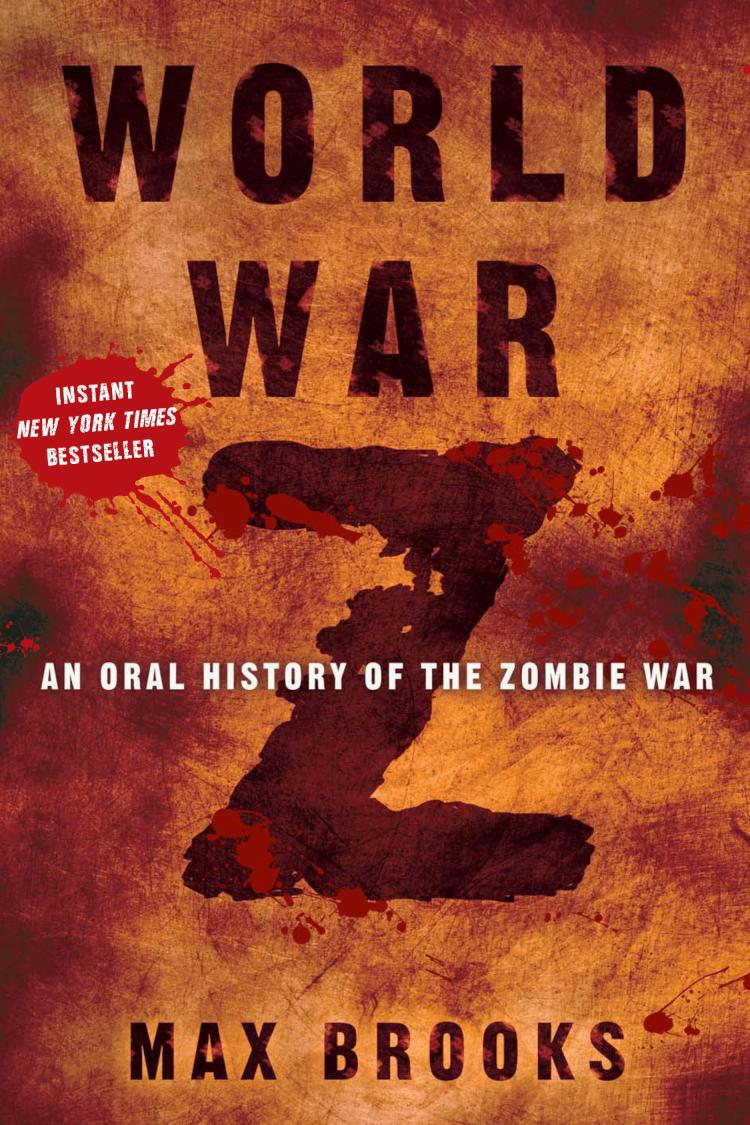
A very unique take on the zombie apocalypse, written from the perspective of a UN agent documenting the history of the apocalypse after the event, presented as a series of interviews with various survivors. The survivors include a very diverse set of people including policitians, soldiers, scientists and ordinary citizens from several different countries around the world.
The whole apocalypse starts in a village in China, around the time of the construction of the Three Gorges dam. China, desperate to hide the infection, diverts attention by launching an attack on Taiwan, while the infection is spread around the world by travellers, emigrants and even the organ trade. The disease if first officially reported from South Africa, and is christened African Rabies. Israel is the only country which takes it seriously, clamping down its borders and restricting all travel.
The book outlines the world response, identifying phases called the “Great Denial”, “Great Panic”, etc. There are many varied responses to the pandemic, most notable being Iran and Pakistan destroying each other using nuclear weapons, Russia killing its own military personnel and the US being routed on live TV when taking on zombies using conventional warfare techniques.
Eventually, a plan formulated by an Aparthied era consultant from South Africa is adopted worldwide, which involves using the majority of the populace as bait to buy time to fortify and consolidate a retiatory force. This plan works, and zombies are eliminated for the most part. There are still several million zombies on the ocean floor and the Arctic, but the rest of the world limps back to normalcy. The quality of life is far lower than before, and the world order has changed drastically, but people are plugging along.
The whole book serves as a commentary on human nature, and the way global co-operation works (or, doesn’t) in the time of a world-wide crisis. A scaled-down version of this was on full display during the Covid-19 pandemic which, ironically enough, started in China. The scenarios presented in the book, while horrifying, are entirely too plausible, and we are made to confront how fragile civilization itself is, and how little it will take to completely tear it down. An outstanding read, even if a little disturbing.
